We recently connected with Louie Salvador and have shared our conversation below.
Hi Louie, thanks for joining us today. We’d love to hear about when you first realized that you wanted to pursue a creative path professionally.
I think as soon as I started school as a child, I knew I was an artist. Art was a focus even before that because of the way it was celebrated in my family. All forms too. I was sketching and creating as early as I can remember, you could even say my first logo design was writing “mom” using French fry grease at a McDonalds when I was like 2. What school did was open me up to the idea of having structure and plans for my art. Having time set aside just to create & try new things expanded my mind like crazy. I’d spend so much time on any project that had an art aspect to it, from making comic books in writing classes to detailed diagrams & graphs. My brain was simply made for color & patterns & style.
When I got to high school, my focus started to be more & more pointed to how I expressed myself through what I wore. It was hard to do that when you can’t afford to buy everything that catches your eye, but moreso, I found myself bored with a lot of the clothing that was out there. Very few companies felt like ME. So I started designing my own. I “started” brand after brand in my sketchbooks (technically they were textbooks….) until one hit me & stuck:
COSMIC. I knew I had a talent for that sort of design so I ran with it. I spent lots of time developing my own self-taught skill of graphic design, mostly because I knew I could profit there before clothing. It took awhile, but after years of logo work for others and designing cover art for musicians, I was finally able to hit the ground running with my clothing brand. I got my first sweater made as an intern at a design firm (shoutout to Karla – taught me about the pen tool in adobe and how to order custom clothes!) and that solidified it for me. A few years later, once I made real money at my 9-5, I started selling on my very own website. It started with a small batch of hats I called the OG Saucer, and a few months later another sweater that denoted the company’s history that I called Cosmic Origins. Ever since, I’ve expanded my graphic design services and I’m currently working on scaling the clothing up.
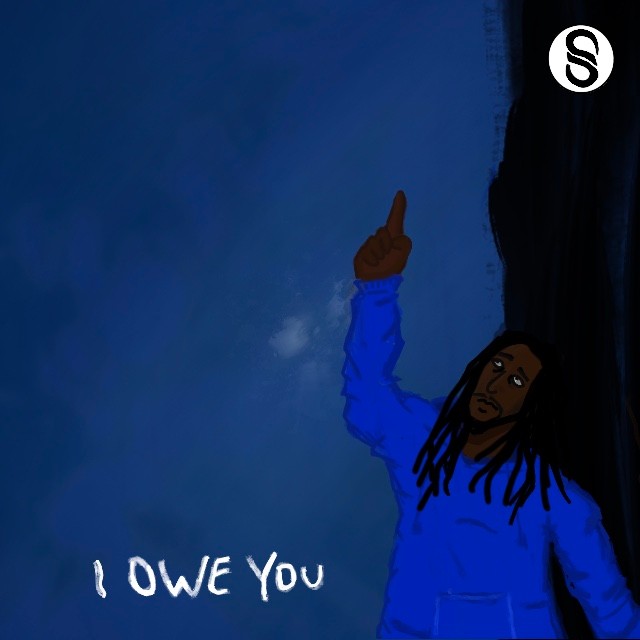
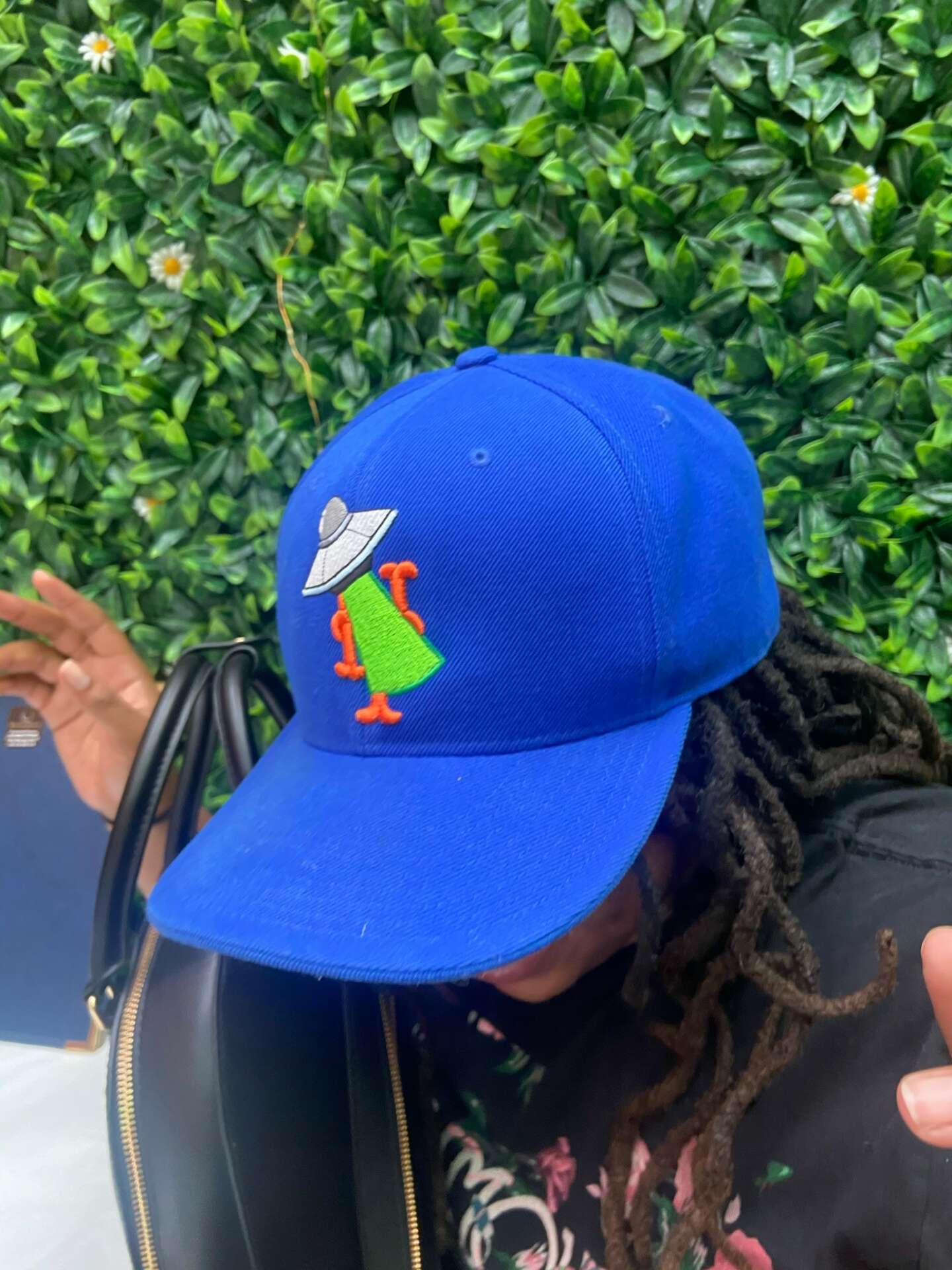
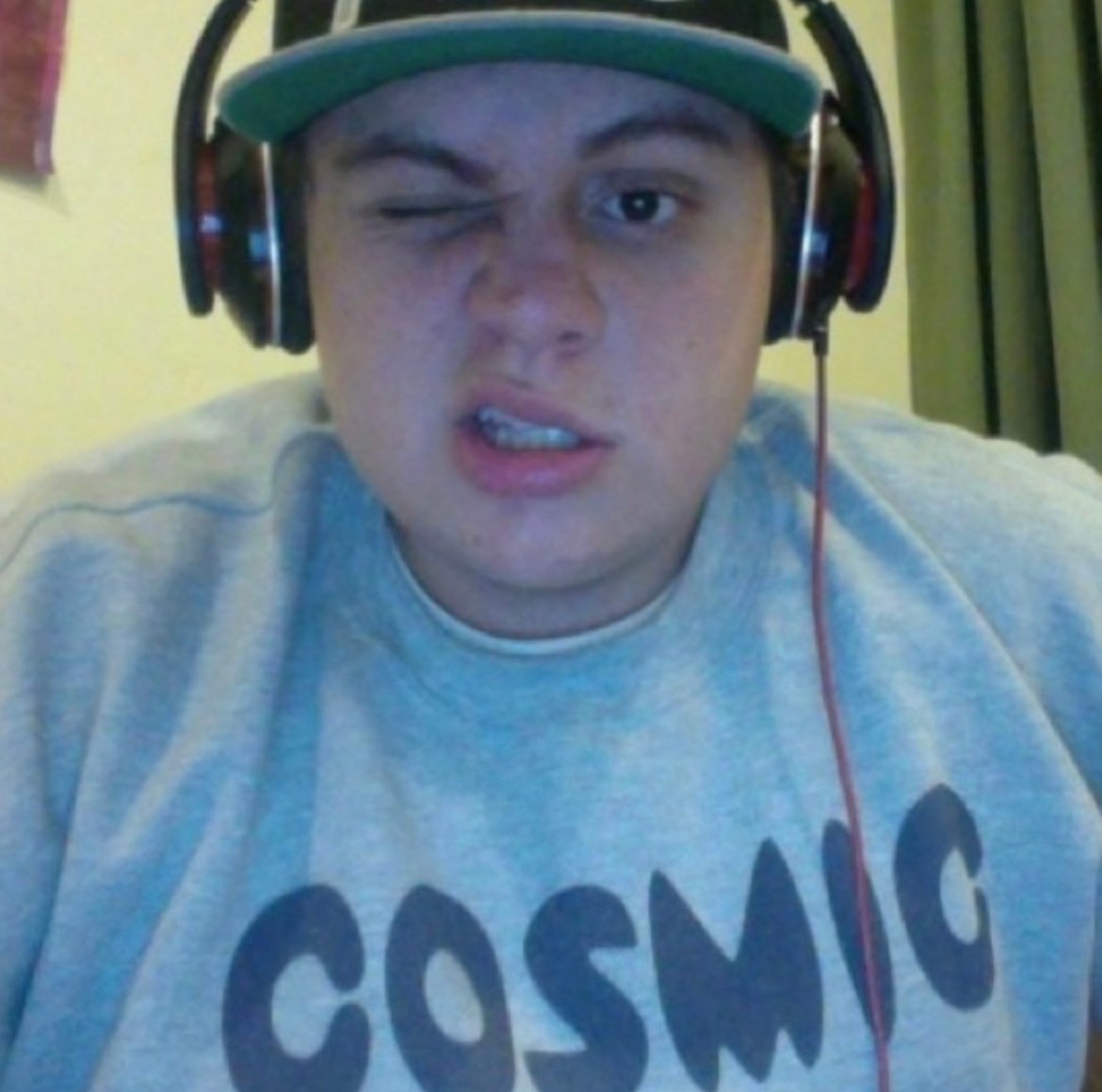
Louie, before we move on to more of these sorts of questions, can you take some time to bring our readers up to speed on you and what you do?
When I started designing clothing, I probably spent all my free time on The Hundreds website. I was totally obsessed with how vocal a streetwear company could be, while also having the coolest designs around. Not to mention they were and still are one of the few affordable brands relative to the space they’re in. I knew mine would have to be the same; aesthetically pleasing and with a purpose. And I knew that would have to reflect in every field I dipped in, whether it was designing t shirts & hats or covers & logos. My art would be an expression, it would have a message. Whether I was working for myself or doing a commission for a client, the art wouldn’t and COULDN’T be empty.
I put thought & effort into all of my work. I refuse to simply check boxes and turn in art that meets the bare minimum. I want to satisfy the clients needs AND surprise them by taking it further. I also believe in collaboration more than a black & white artist/client relationship. I’d rather bounce ideas off each other, develop both of our ideas in a way that creates the absolute perfect version of whatever the client seeks.
While the collaborative effort is important, I also shine when the client doesn’t really have a direction for what they want. I’m able to conceptualize multiple options for their art, that way they can pick which speaks to them the most and then I can bring that version to life.
Have any books or other resources had a big impact on you?
Bobby Hundreds wrote a great book called “This is Not a T-Shirt,” detailing his life and how he came to develop the Hundreds with his partner Ben. It really helped me to understand my role as an artist in society, especially when it comes to highlighting things that we all feel but struggle to express. It taught me that my voice is important in building and maintaining community, which is one of the most crucial aspects of not only being an artist but a human in general.
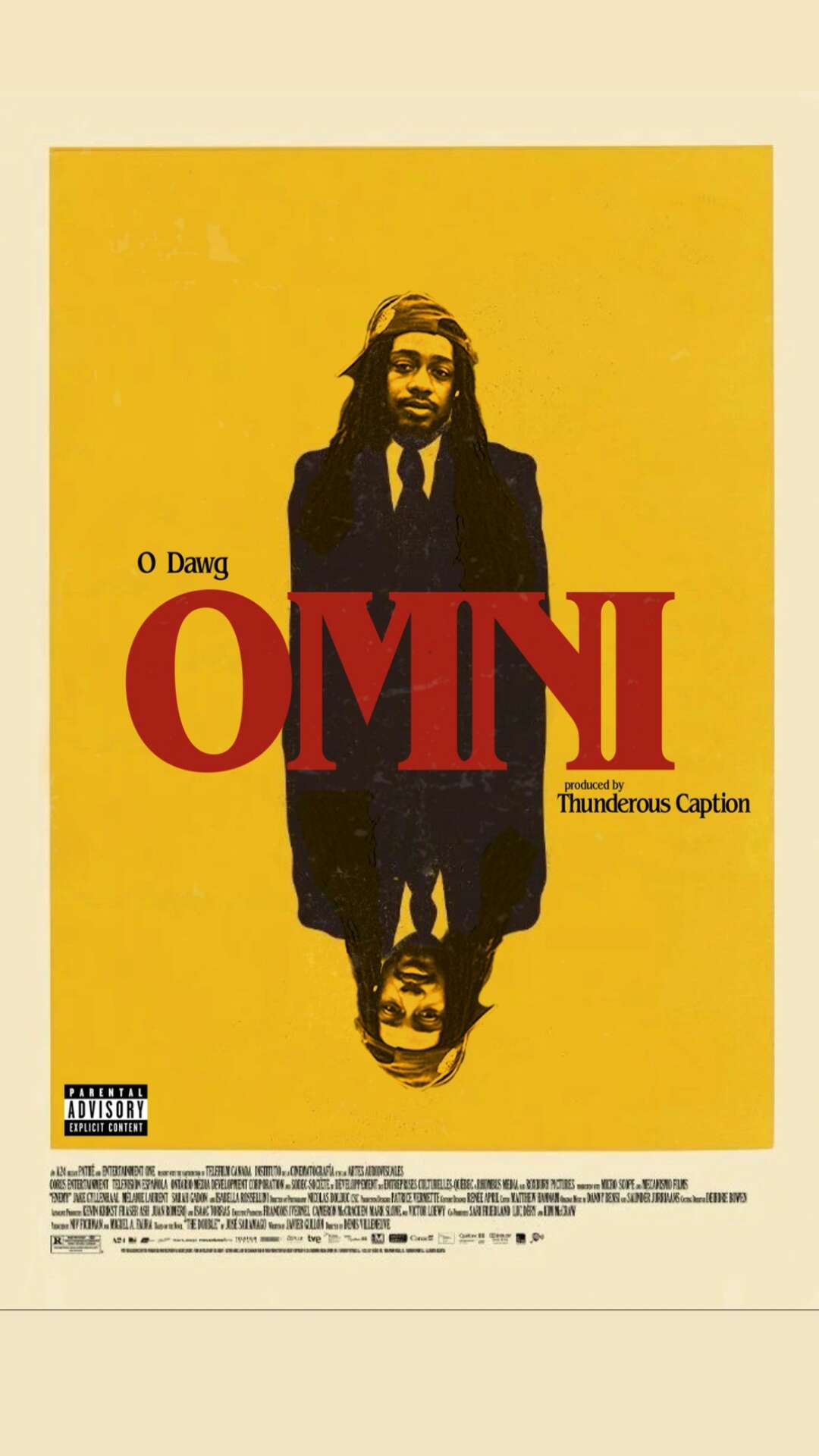
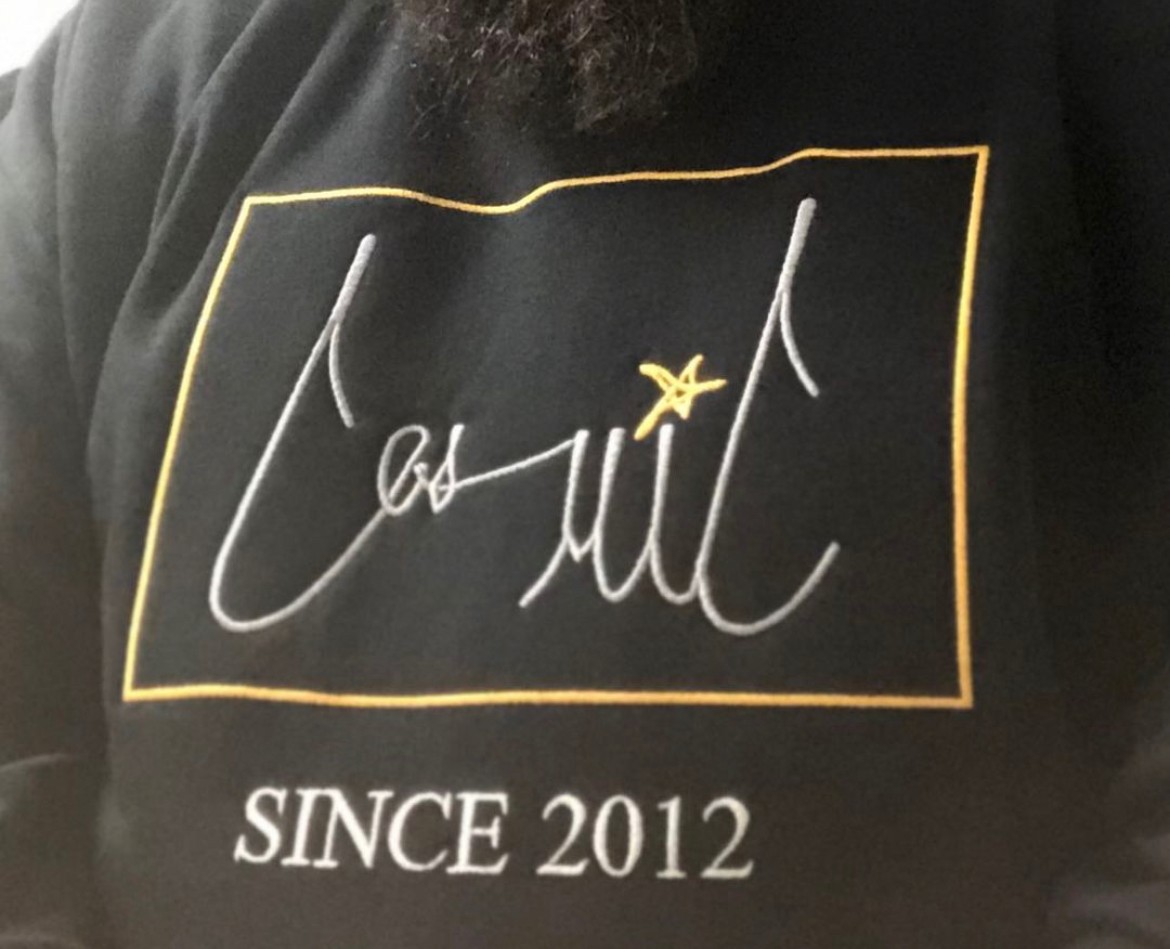
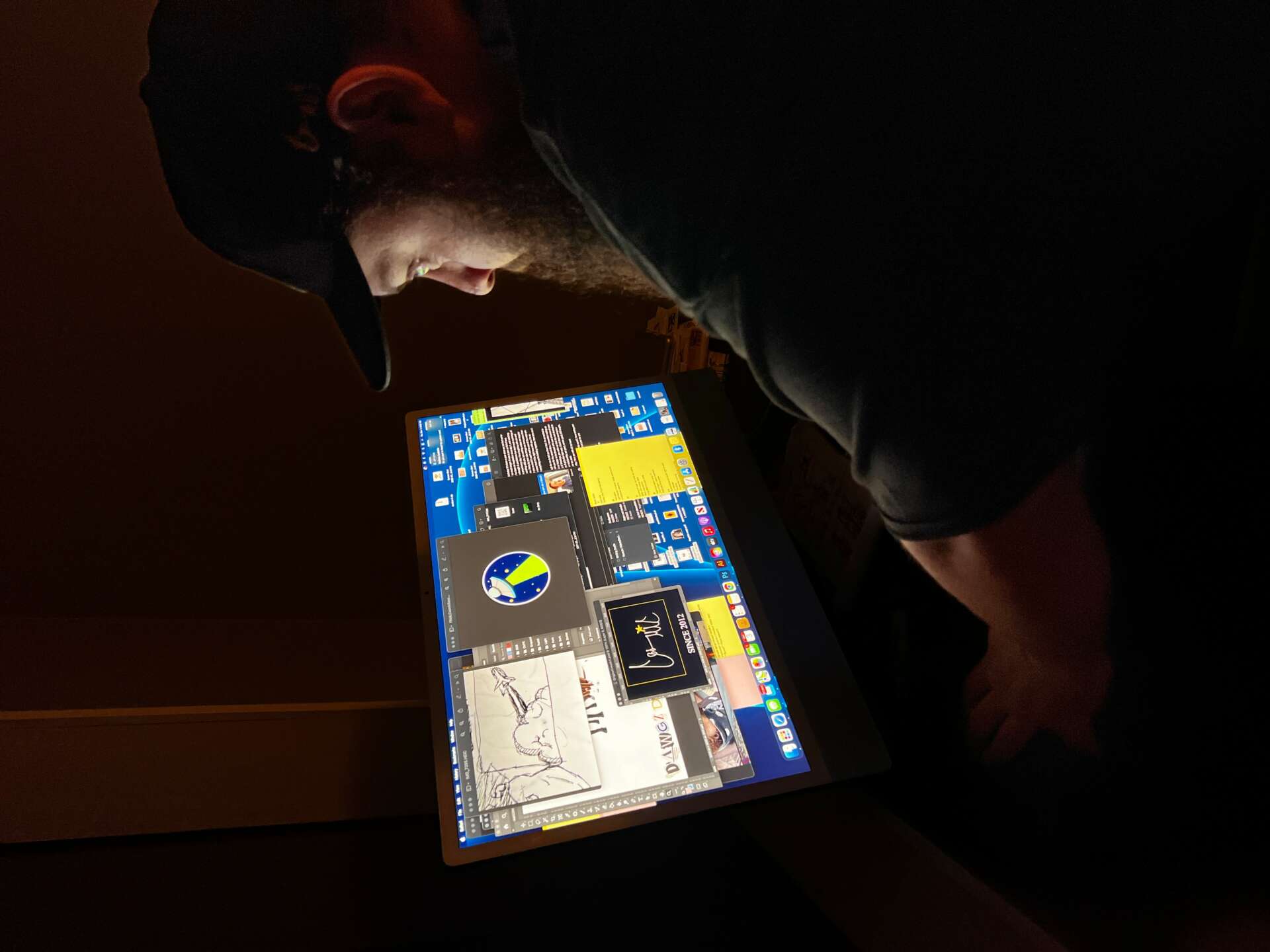
Is there something you think non-creatives will struggle to understand about your journey as a creative?
I think “non-creatives” might not understand the less fun side of being an artist, particularly when it comes to self-doubt or any kind of creative block. It sounds nice to say my job is simply to sketch things and sell them to people, but that’s almost never the case. Like, never never. Sometimes a work day looks like me toiling over a part of a design for hours upon hours, just to realize I have to start over or even learn an entire art style just to complete it. Sometimes I get a concept done from start to finish in 30 minutes, sometimes I spend over a year trying to get something just right. Also, don’t hesitate to pay artists. We don’t want exposure without money. Art is hard to make, there’s a reason you’re not doing it yourself. Just a matter of respect that’s all.
Contact Info:
- Website: Cosmicnyc.com
- Instagram: Instagram.com/cosmicnewyork
- Twitter: Twitter.com/cosmicnewyork


